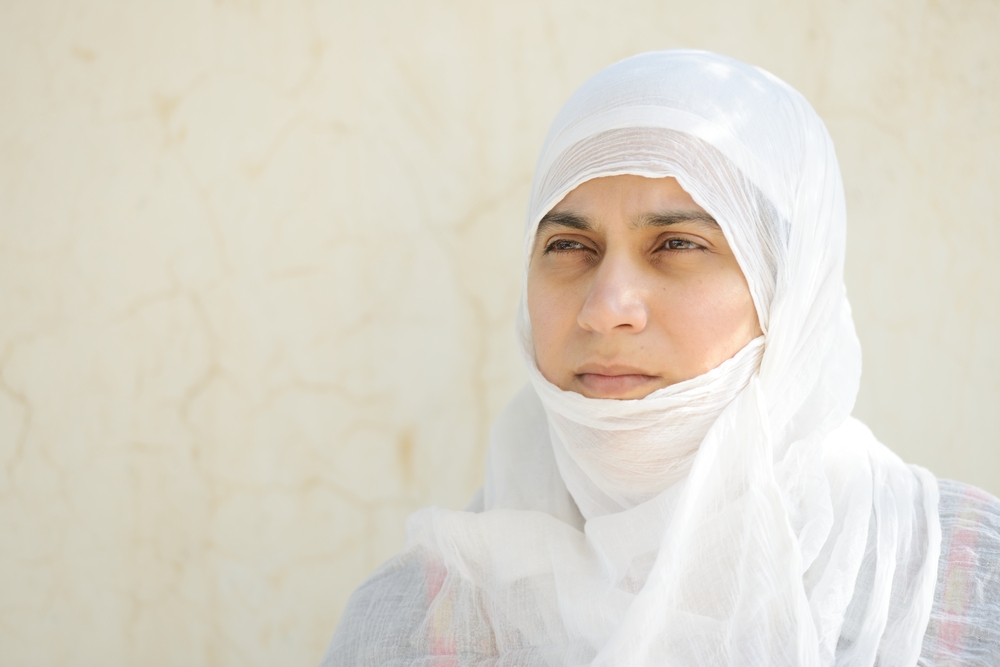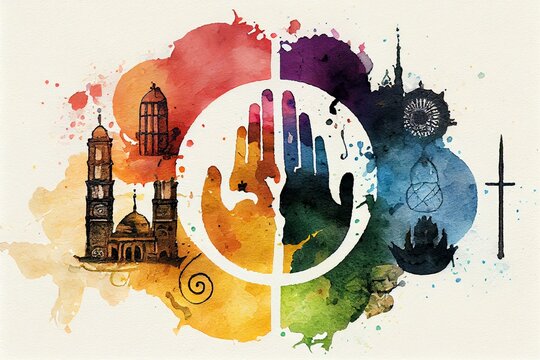A Briton Fights With Al Qaeda’s Offshoot in Syria
By Oliver Holmes and Alexander Dziadosz
SALQIN, Syria (Reuters) – The moment the young fighter walks in, it’s clear he’s different. He has a grey robe, a scraggly beard and a gun holster – hallmarks of the rebels who control this part of the northwest. But he wears Adidas trainers. And his accent and swagger are pure London.
The young man sits at a small table, accepts the tea offered by his hosts, and asks to be called by his war name, Abu Khaled. He is 23 years old and lived in England his whole life, he says, but came to Syria four or five months ago to join the fight against President Bashar al-Assad.
“I didn’t know anybody to be honest,†he said. When he arrived, on his own, he met fighters from Jabhat al-Nusra, an ultraconservative Islamist faction affiliated with al Qaeda’s Iraqi branch. They helped him buy a gun, and put him on the front lines outside Aleppo, Syria’s largest city.
Precise estimates of how many Britons have taken up arms alongside Syria’s rebels are hard to come by. British intelligence officials say they believe there are ‘dozens’.
It wasn’t easy at first, Abu Khaled said. He had never been to Syria. He learned some Arabic from his mother, who is Syrian, but it is still weak. His parents were afraid. To call them, he had to ask permission – his commanders took his cell phone and passport which they said was to guard against spies.
In a lengthy interview, Abu Khaled gave a window into the daily life, ideology and motivations of rebels trying to overthrow Assad, insights all the more relevant now the United States is arming them. Reuters could not independently verify Abu Khaled’s account.
Fighting was terrifying, he said, but got easier with practice. “My first time, I’m not gonna lie, I felt like I was going to wet myself,†he said. “But, honestly, when you get used to the sounds, God makes it easy, makes you feel relaxed.â€
He saw friends killed. He missed them, but tried to feel happy by reassuring himself that they had died for a cause. He remembered one slain comrade, another Englishman, who was smiling when they found his body. “It was almost like he was laughing. So it was like a sign, a good sign, you know.â€
Once, it nearly happened to him, he said. In a firefight in Aleppo, he moved out too far and got caught between the two sides. He fell to the floor, bullets zipping over his head, and prayed. For hours, he thought he would die. “I just started praying and praying, just praying to Allah, like just forgive me for all the things I’ve done.â€
By the time fighters from an allied brigade came to rescue him, he said, he felt at peace.
SENSE OF COMMUNITY
Abu Khaled joined Jabhat al-Nusra, al Qaeda’s affiliate in Syria which the United States calls a “terrorist organization,†because he was drawn to its piety and determination to fight Assad. A sense of community encouraged him to stay.
When he arrived he found other foreigners in the brigades. Englishmen from London and Birmingham, an Irishman, Russians from the Chechnya region, Chinese, Egyptians, Tunisians, Saudi Arabians, Libyans, others from Denmark, France, and, he says to his surprise, a lot from Sweden. Sometimes as many as half the fighters on the front line were foreign, he said. The Libyans and Saudis, especially, never wanted to retreat.
He lived in a barracks, which the group called a “house,†set up in an abandoned school, villa or hospital to house 40 or 50 men. The atmosphere was fraternal. Abu Khaled would wake up, pray, exercise, train, play football and chat about women. “A lot of the time you’re just sitting around waitin’ till something pops up and then off you go.â€
He didn’t think much about al Qaeda, he said. He just wanted to be a good Muslim. One thing that unsettled him was the suicide bombs. In his house, there was a “waiting list†of people who volunteered to blow themselves up. Once, a man from his house killed himself in a truck bomb. Abu Khaled didn’t know beforehand, but he remembered the man acted differently the night before. He seemed happier.
“After he does it, you realize; ‘oh, that’s why he was like that,’†he said.
He is still learning about his new found religion and feels he is not “knowledgeable†enough about Islam to make a decision about the morality of suicide attacks. “It doesn’t feel right to me.â€
SCHOOL DAYS
Back at school, Abu Khaled used to go to bars and clubs with his friends, he said. Then one day he stopped and decided to focus on his studies in business management. He thought about becoming a more observant Muslim – his mother’s family came from near Damascus and his father is an English convert to Islam.
When the revolts broke out in Libya and Syria in 2011, Abu Khaled went to religious lectures in London, he said. Some speakers talked about Syria’s importance in Islamic history, and encouraged Muslims to go fight. He saw carnage on television, heard reports of Syria’s army killing civilians, and decided to go.
He always had freedom to do as he liked in England, but says he felt that in some ways it was easier to be Muslim in Syria, removed from temptation.
“Over here you don’t see women, so that’s one problem to the side, you know. There’s not much you can do, there’s no alcohol. All these temptations, they’ve gone away.â€
After the war, Abu Khaled said, he hopes Syria will show the world that an Islamic state is “not as bad as people think.†He envisions a return to the days of Prophet Mohammad (s), when you could leave your doors open, “knowing that no one is going to steal anything. And if they do, then there is a problem for them.â€
What kind of problem? Abu Khaled laughed. “Taking off their hand. It is known. But these are severe punishments for a reason. It’s to stop people doing these things. And people don’t do them when they know, ‘Oooff, I want my hand, you know, I don’t want to lose it.’â€
His parents have started to accept his decision now, he says. At first they would always tell him to come home. Now they told him to be careful, to look after himself, and be strong. His new life is in Syria and, smiling, he says he hopes to marry a Syrian. “I’m asking around, you know, fishing around.â€
15-26












2013
808 views
views
0
comments